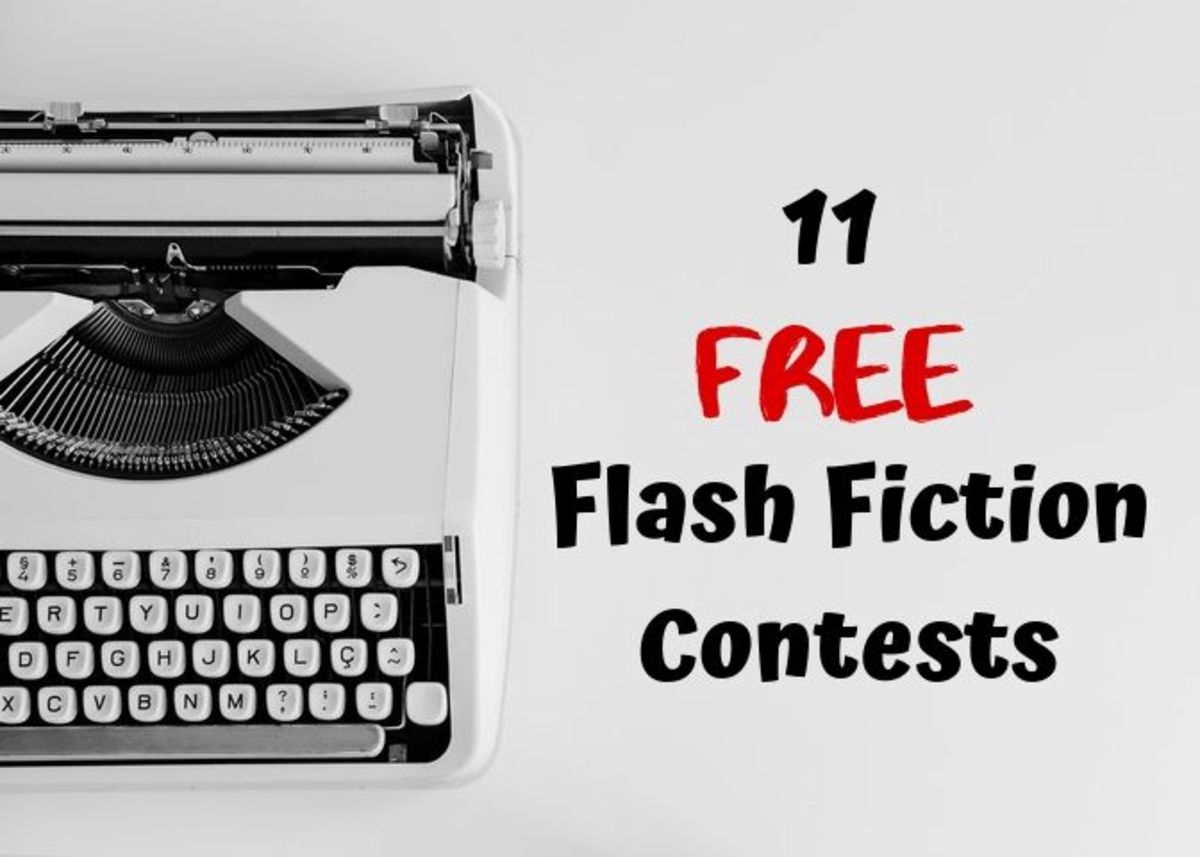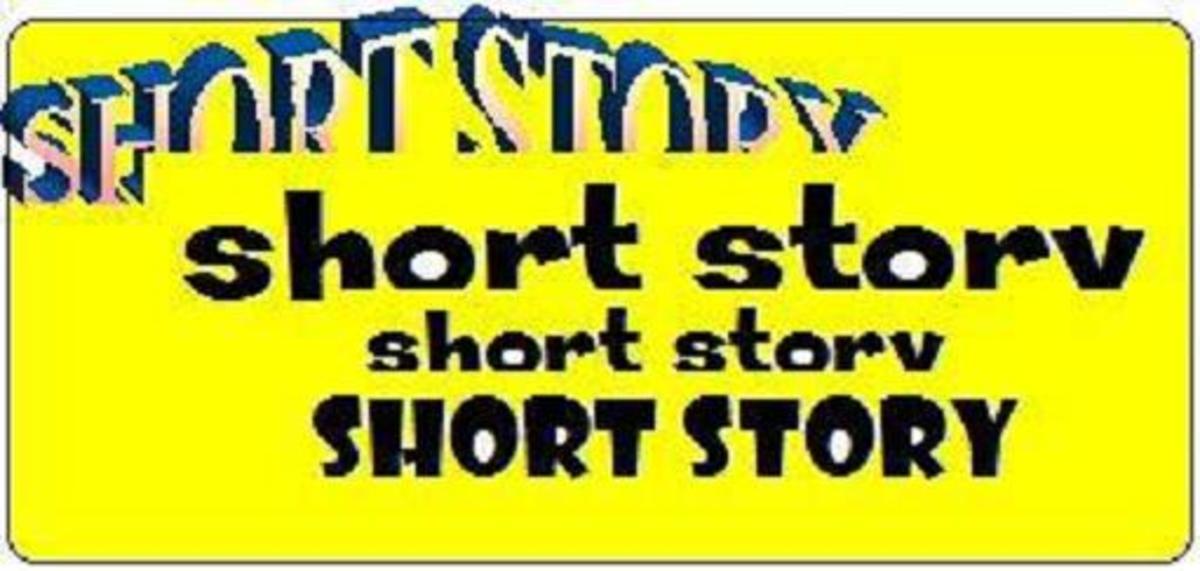- HubPages»
- Books, Literature, and Writing»
- Commercial & Creative Writing»
- Creative Writing
Letters to Learn By-Plotting the Short Story


Lesson 1 - Plotting the Short Story
Lesson 1 was about how to get ideas for plots. It showed various ways in which one could create a plot, such as inverting the facts of a known story like ‘The Necklace’ by Maupassant. Instead of the jewels turning out to be fake, they could be real but believed to be fake. One could also invert the age or sex of the chief character.
Paintings, photographs, legends, news headlines, the Bible, even gossip could be inspiring.
The Exercises for Lesson 1 of the course asked for a “personal statement” from me – hobbies, pet aversions, preferences in reading, employment, education, etc. (a page I have lost) and a brief outline within 300 words of the plot of a story selected from a magazine.
I chose O Henry’s ‘The Last Leaf’.
Plot Outline
In March 1989 ‘Readers Digest’ carried O Henry’s great story ‘The Last Leaf’. ( I don’t like the fiction in other Indian magazines. They’re always about marital problems and always end on a depressing note. Even realism can be interesting if written well, but I don’t think highly about the standard of writing either.
The Last leaf
Two artists, Johnsy and Sue who are good friends, share a studio. Come winter and Johnsy falls seriously ill with pneumonia which has been raging through the city. The fever makes hr morbid and she does not want to recover. She spends her time watching the leaves fall from the ivy vine outside her window. She believes she will die when the last leaf falls.
Meanwhile, Sue speaks to Behrman who is very protective towards them about Johnsy’s strange belief. Secretly, the old man, who is a failure as an artist, goes out into the freezing wet night and paints a leaf on the vine. He catches pneumonia and dies, but he has painted his masterpiece. Johnsy believes the leaf is real and since it refuses to fall, she decides to recover.
Appeal of the Short Story - 'The Last Leaf'
The appeal of the story lies in the power of human relationships. Behrman’s only great painting saves Johnsy’s life. He risks his life to save her. The story is very moving.
Hilary’s Assesment:
February 16, 1990
Dear Miss Saran
Short Story Course Lesson 1
Thank you for sending your first set of exercises. I am very pleased to welcome you to the course.
Your answer for Exercise 1 is most interesting, concisely written and gives a good picture of yourself. One of the most frequently repeated pieces of advice offered to writers is, ‘Write about what you know,’ and this applies to the writer of fiction just as much as to the writer of factual articles. It is from within your own background of knowledge and experience, both practical and emotional, that you will find your readiest source of themes and from which you will write with the greatest confidence and authority. Moreover, the imagination is usually able to work more freely from this secure basis.
Some of what I am now going to say you will know already or it may not especially apply to your particular aims, but I will just outline the main short story markets in the U.K. In any event, I feel that you must ultimately direct your work either towards the U.K. or the U.S.A., although you have done well to find some outlets in India.
As you know, the main outlet for short stories in this country today is represented by the women’s magazine market. At one time this tended to mean that the writer was largely restricted to stories built upon formula plots and featuring stereotyped characters. Now, when there are magazines designed to appeal to women of all ages, interests and educational and social backgrounds, the range of their fiction is suitably diverse.
Stories are to be found dealing with every imaginable type of human conflict situation and all types of characters. If there is a common factor it is that stories usually have as their focus a relationship, not necessarily a romantic one, although naturally these remain popular. There is also a trend at the upper end of the market towards the publication of the literary type of story, the market for which was recently confined to a handful of literary magazines. ‘Bella’ and ‘Best’ are interesting in that they show a slight departure from the type of fiction normally associated with women’s magazines. Both want stories with twit endings and ‘Bella’ features a weekly mini-mystery.
These apart, other possibilities include general interest magazines, some men’s magazines, the teenage market, science fiction and fantasy publications and, of course, radio. In addition, there is a good range of privately produced periodicals, many of which print short stories, although these are seldom able to offer much in the way of financial reward. Competitions offer other opportunities, too.
While it is good to have this degree of choice, it does mean that careful attention must be paid to market study, first in identifying those magazines which are most in tune with your own particular tastes and style and then in determining what each individual fiction editor appears to want.
Of course, what you need to be doing is extending your knowledge of the science fiction/fantasy market. I’m looking for the address of the Isaac Asimov magazine for you and will send it to you the next time. The meantime, you might care to investigate the British Science Fiction Writers Association which publishes three magazines, one for writers, and has as members authors, publishers, booksellers and readers of science fiction, fantasy and allied genres. Although you would be a long –distance member, it is enormously useful belonging to organisations such as these. I am very much involved with the Romantic Novelists Association and there is so much information passed around amongst members and via their newsletter.
You have analysed the published story thoroughly and perceptively and your reasons for its appeal are thoughtfully considered. Apply this kind of analysis to any of the stories you come across in magazines and you will soon form a clear idea of what is required. Of course, O. Henry was a master and ‘Reader’s Digest’ an impossible target, but together they have served the purpose of the exercise well enough!
I wouldn’t imagine for a minute that you would have any problem with plot-finding! That’s a question for beginners and certainly not for writers of fantasy. But I am interested to see how your ideas are sparked.
This is an excellent start and we can now get on to the real business of the Course. I look forward to Lesson 2 soon.
Yours sincerely,
Hilary Johnson, M.A., Ph.D.
Tutor
Interesting? You might want to read part 1 and part 3 of this series.








